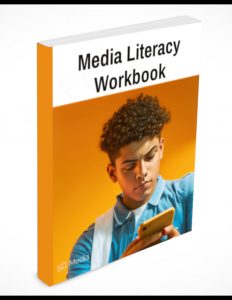Digital and media literacy can help young people to understand how media messages about drugs and alcohol can affect their perceptions. Media literacy teaches young people how to analyze and critique the messages they see in the media. This includes learning how to spot advertising and marketing techniques, as well as understanding the motives behind these messages.
Media literacy also helps young people to develop a critical perspective on the media. This means that they will be less likely to simply accept the messages that they see, and will be more likely to question the motives behind them. By questioning the messages in the media, young people can better understand how they are being influenced by them.
Finally, media literacy teaches young people how to create their own media messages. This gives them the power to control the messages that they see, and to present their own perspectives on drugs and alcohol.
Overall, media literacy can play a crucial role in helping young people to make informed and empowered choices about drugs and alcohol. By teaching them how to analyze and critique media messages, and giving them the tools to create their own media, media literacy empowers young people to resist negative influences and make healthier choices.
The media plays a large role in influencing the public’s perception of drugs and alcohol. The way that these substances are portrayed in the media can have a significant impact on the decisions that people make about using them.
One of the most common ways that the media portrays drugs and alcohol is by using them to generate excitement and drama. This can be seen in movies and TV shows, where characters often use drugs and alcohol to get high or to feel more confident. In some cases, these portrayals can be quite glamorized, presenting drug and alcohol use as a fun and exciting way to escape from reality.
Another way that the media can influence perceptions of drugs and alcohol is by promoting stereotypes. For example, the media may portray people who use drugs or alcohol as being dangerous or reckless. This can lead to negative attitudes towards people who use these substances and may discourage people from seeking help if they have a problem with drugs or alcohol.
Ultimately, the media can have a powerful influence on how people think about drugs and alcohol. It is therefore important for young people to be aware of the messages that the media is sending about these substances, and to critically examine them before making any decisions about using them.




